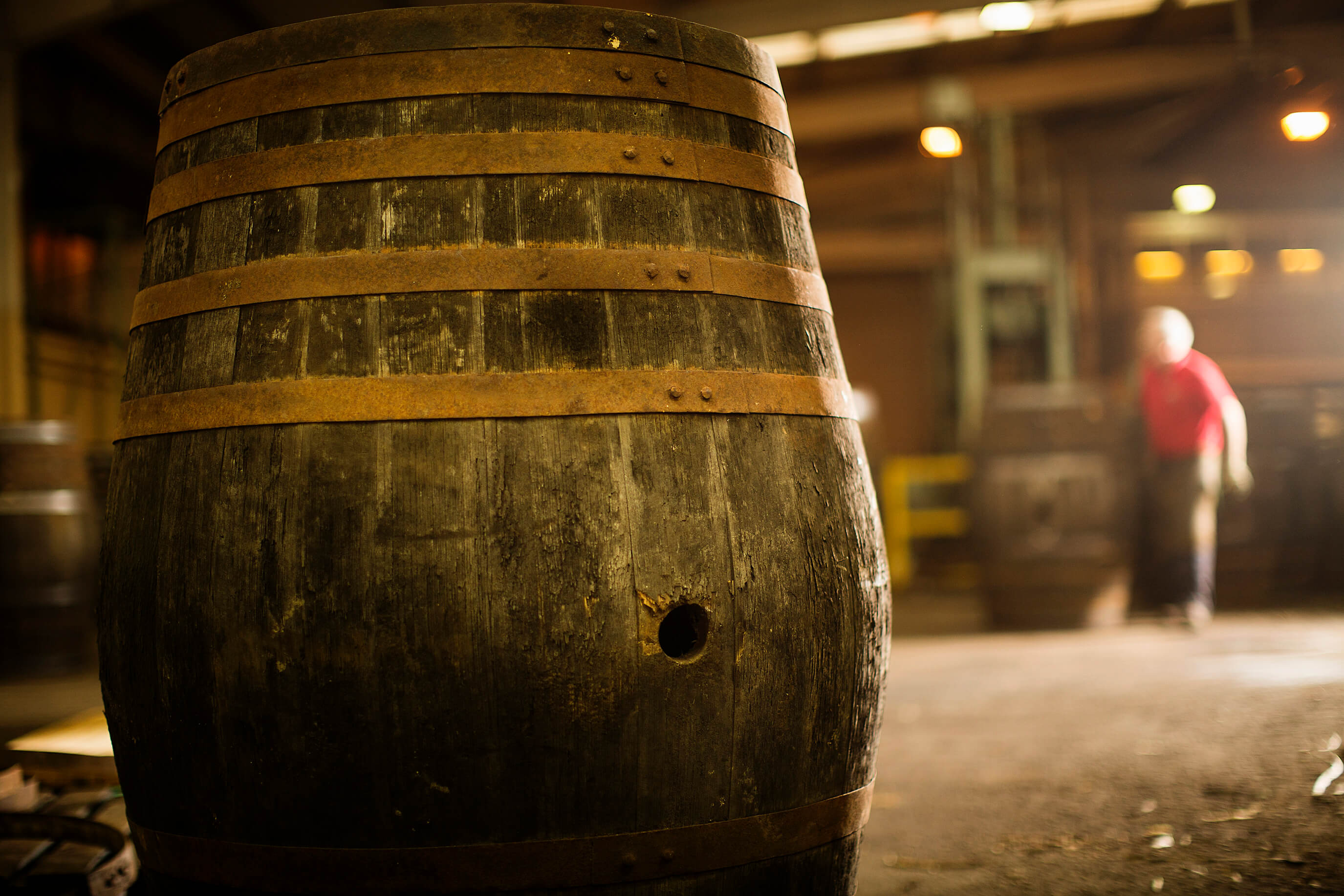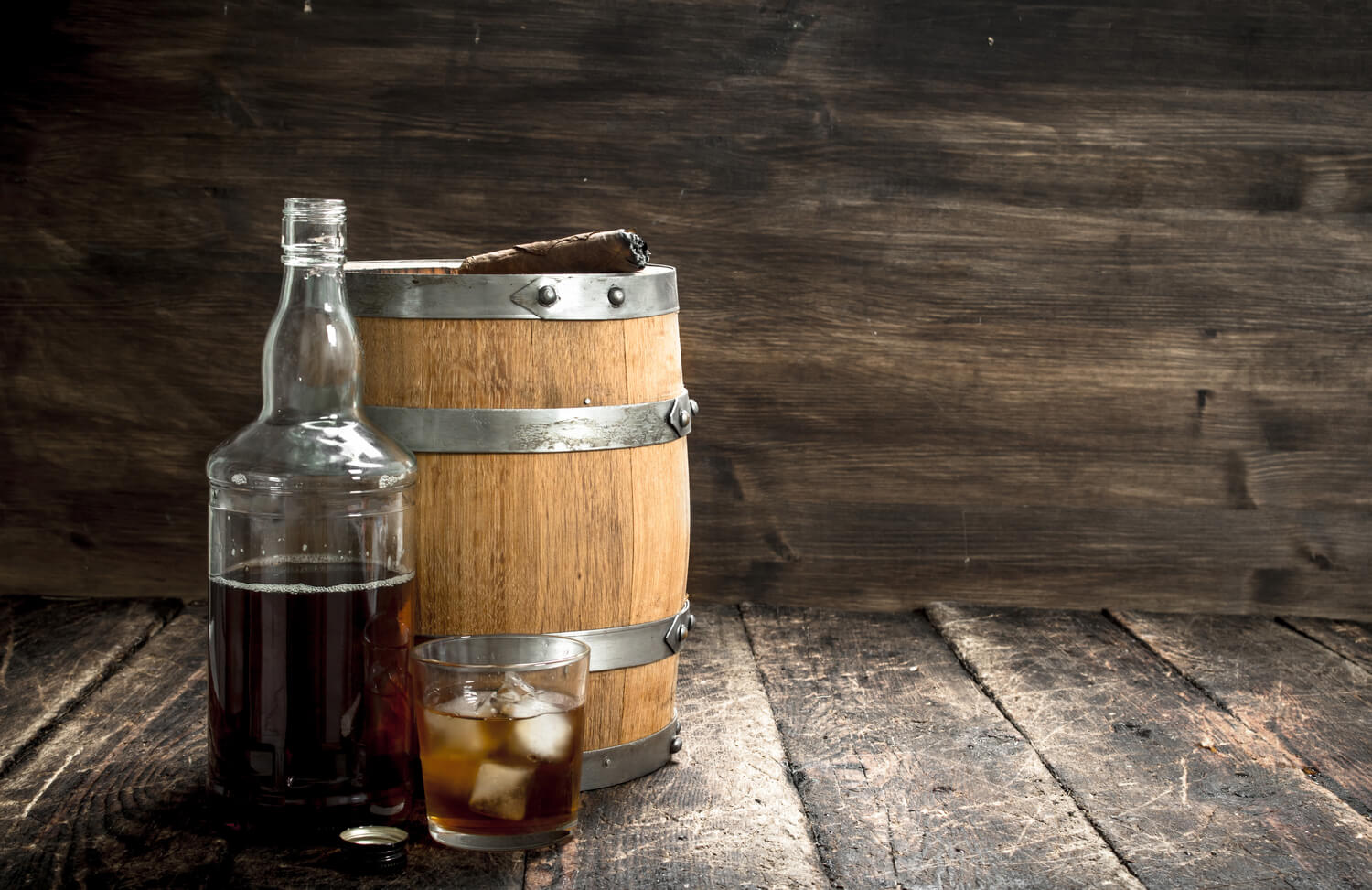
The History of Whiskey - From Antique Distillation to Modern Masterpieces
Whiskey, that golden drink, has a history that spans centuries and crosses continents. But how did this beloved spirit come into being and how has it evolved over time?
The First Drops
Although whisky as we know it today has its roots in Scotland and Ireland, the art of distillation began much earlier. The ancient Babylonians were already practicing simple distillation techniques around 2000 BC. But it was not until the art of distillation reached the British Isles via travelling monks that the precursor to whisky began to take shape.
Scotland & Ireland: Home of Whiskey
In the cool climates of Scotland and Ireland, grain proved to be an ideal ingredient for distillation. Early whisky, often called "uisge beatha" (water of life), was a coarse drink, but it quickly became a central part of the culture. Over time, techniques were refined and wooden cask aging was introduced, giving the whisky its characteristic flavor and color.
American Influence: Bourbon & Rye
While whiskey was developing in Europe, American pioneers began experimenting with their own versions. Corn became a key ingredient, leading to the creation of bourbon, while rye whiskey also became popular, especially in the Northeast.
Japan: East Meets West
In the 20th century, Japan began producing whisky, inspired by Scottish techniques. Japanese whisky, known for its precision and balance, has won many international awards and has cemented the country's position as a global whisky producer.
Modern Times: A Global Affair
Today, whisky is produced all over the world, from India to Australia and from Canada to South Africa. Each region brings its own unique twist, but all share a deep respect for this ancient drink.
The history of whisky is a tale of innovation, adaptation and an eternal pursuit of perfection. From the first distillations in antiquity to today's global industry, whisky continues to enchant and inspire generation after generation.

 English
English
 Dansk
Dansk Svenska
Svenska Deutsch
Deutsch
